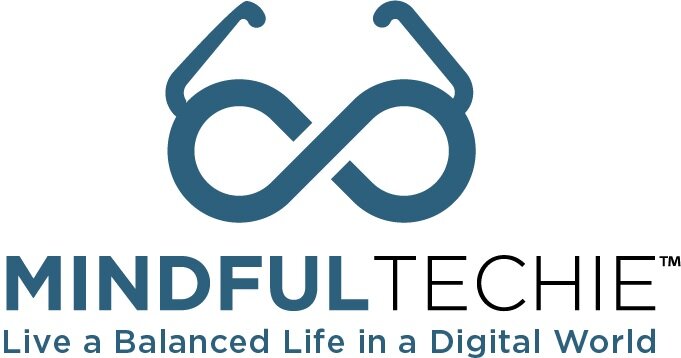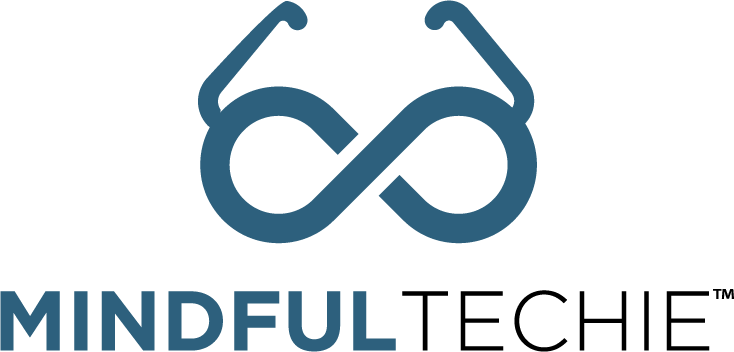Mindful Leadership in Trying Times
As a changemaker, you work day in and day out to transform society so that everyone, especially the most vulnerable among us, has an opportunity to thrive. You're dedicated to creating value for your clients and customers.
You love what you do, but you have too many things on your plate and not enough time and resources to get everything done. And the constant news about pandemics and the state of politics is overwhelming.
To top it all off, you're overwhelmed by how to navigate the increasingly complex challenge of leading effectively and navigating your team through a crisis in today’s rapidly changing world.
The Challenge
If this describes you, you’re not alone. I know because I used to be like you, and I’ve helped countless professionals just like you over the years.
During my previous career, I was often on the edge of burnout trying to do my part to fulfill my organization’s vision of ending the HIV and hepatitis epidemics. There was never quite enough time and resources to get everything done.
In fact, things were so out of control at one point that I was depressed, had gained a ton of weight, and wasn’t eating or sleeping right.
I spent many of my days moving through life on autopilot and being perpetually stressed and exhausted.
The Solution
So, how do you remain grounded and fully present and available for your loved ones, colleagues, and clients amid the stressors of leading in today’s world?
The simple answer is: be present.
Too often, we move through our lives in a state of mindlessness. And when we approach our work from this place, we trap ourselves in rigid and outdated routines, processes, and technology.
When we are mindless, we take our eye off the ball. We move out of alignment with our core values. We get comfortable. We go on autopilot.
We stop thinking. And we make costly mistakes and errors in judgment.
We are paralyzed by change, uncertainty, and disruption. And we lose sight of the reason we do the work.
That’s why mindfulness, the mental state of focusing your awareness on the present moment while acknowledging and accepting your feelings, thoughts, and bodily sensations, is more critical than ever for leading in today’s world—both at home and at work.
When leveraged in the leadership context, mindfulness is a powerful tool that allows leaders to bring their whole selves to their work and make space for others to do the same. The result is more effective leaders, teams, and organizations that have greater self-awareness, emotional intelligence, compassion, clarity, and focus.
Why Does It Matter?
When things get tough, mindful leaders are better able to take a step back, shift from being reactive to responsive, and take decisive action.
According to the Greater Good Science Center, mindfulness is scientifically proven to:
Sharpen attention
Increase resilience in the face of stress and conflict
Increase compassion
Improve mental health
Reduce psychological biases
Emily Rogers and Institute of Mindful Leadership also note that leaders who undergo mindful leadership training report:
They are better decision-makers, more engaged and productive, and more compassionate
Mindful leadership training positively impacted their ability to innovate (93%)
It made a difference in their ability to think strategically (70%)
They were more likely to respond with clarity, even under pressure (34%)
Getting Started
While there are many frameworks for cultivating mindful leadership, here’s what I know to be the basics based my experience training professionals from around the world:
Know your intention - A mindful leader leads with the end in mind. Having a clear intention, whether for the direction of an organization or for a staff meeting, makes it easier to lead others and to stay on track when distractions arise.
Have a vision - A mindful leader has a vision for how to get to the end in mind, while remaining flexible with how things unfold.
Communicate mindfully - A mindful leader listens deeply to what is and isn’t said with openness, curiosity, and nonjudgement and speaks with kindness, attention, compassion, and awareness.
Be fully present - A mindful leader is present, self-aware, socially intelligent, and knows how to show up for their team.
Start your journey to being a more mindful leader by answering these questions:
What do you want your leadership legacy to be? How would you like to be remembered?
What changes must you make to lead a life aligned with the legacy you want to leave behind?
Meico Marquette Whitlock liberates changemakers from work-life imbalance and technology overload through speaking, training, and coaching. Meico is the founder and CEO of Mindful Techie, creator of the Intention Planner, and a trained mindfulness facilitator. He facilitates transformative experiences that foster wellbeing in a hyperconnected and distracted world, and has worked with organizations such as Cigna, Greenpeace, and the World Wildlife Fund. He has been a featured speaker on ABC News, Fox 5, Radio One, and on the main stage at events such as the Nonprofit Technology Conference. Meico holds a Master’s Degree in Information Science from the University of Michigan with a specialization in Community Informatics and a Bachelor’s Degree in Political Science and Spanish from Morehouse College. Learn about Meico’s work at mindfultechie.com or follow him on social media at @amindfultechie.

